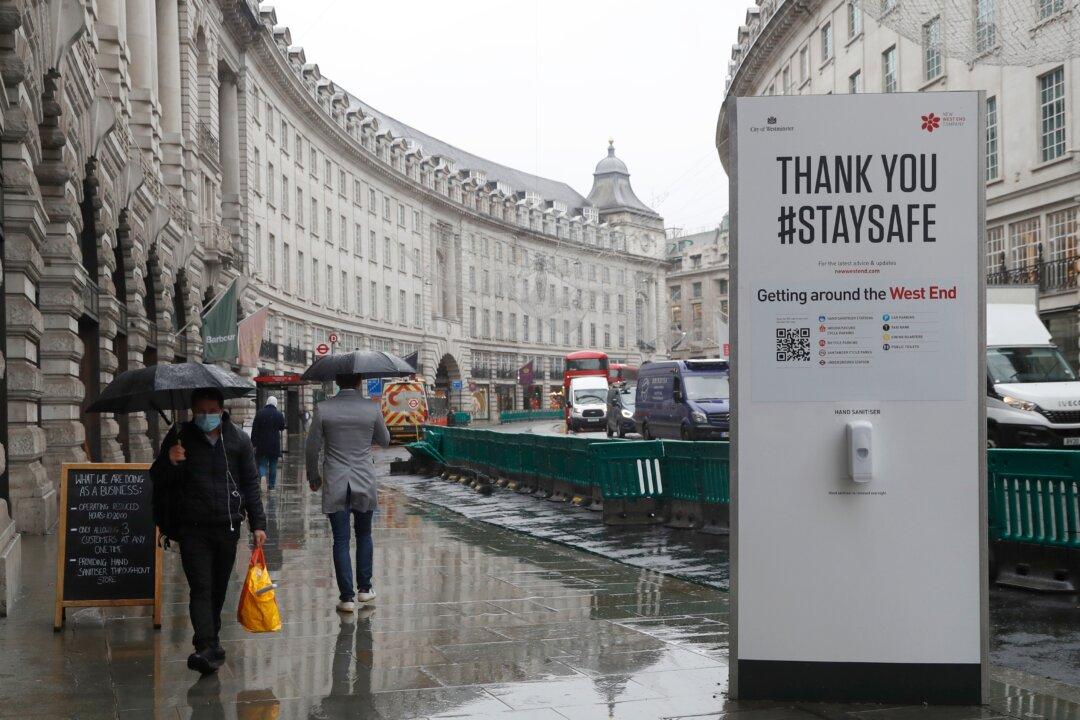BERLIN—Chancellor Angela Merkel told Germans to expect a “difficult winter” as the country’s daily reported coronavirus cases hit a new high Thursday, while residents in France prepared for life under a new month-long lockdown and experts urged Spain to more aggressively curtail its infections.
Speaking to Parliament a day after she and the governors of Germany’s 16 states agreed upon new, far-reaching restrictions to curb the spread of the virus, Merkel said the country faces “a dramatic situation at the beginning of the cold season.”





